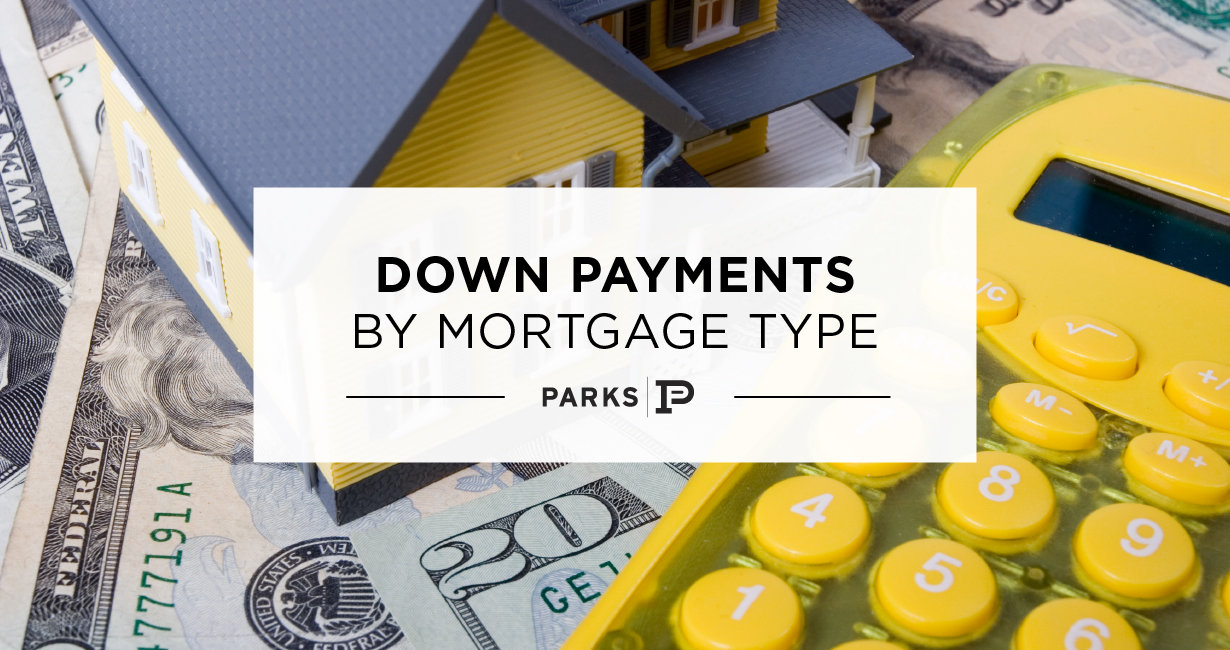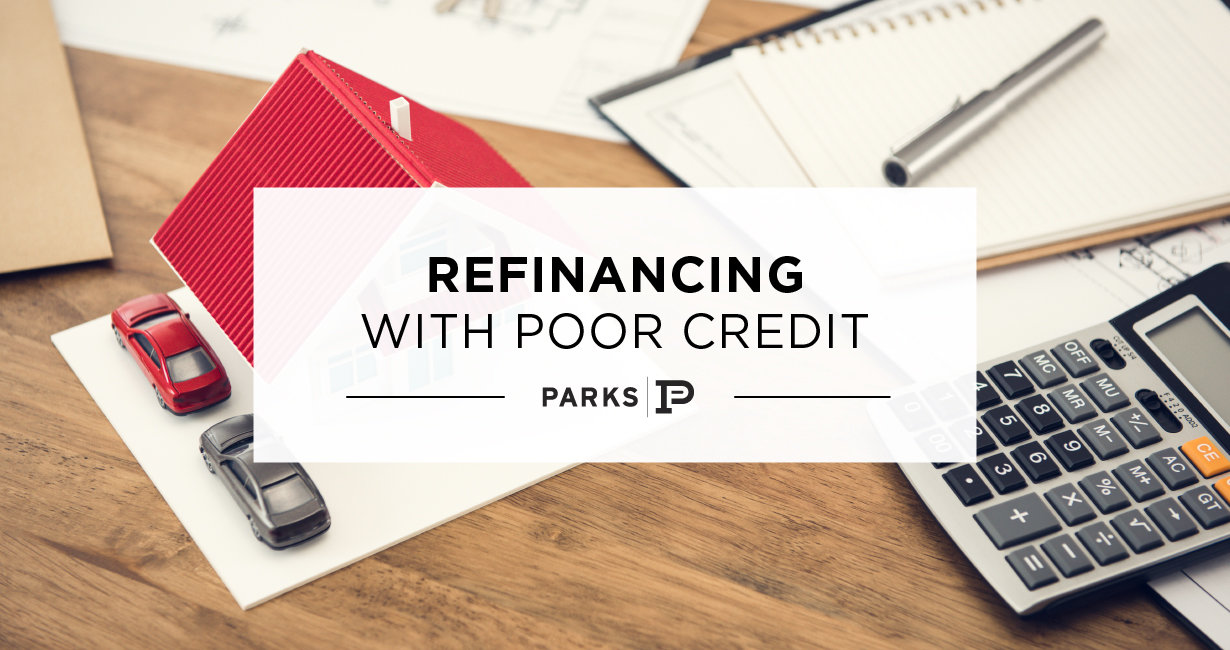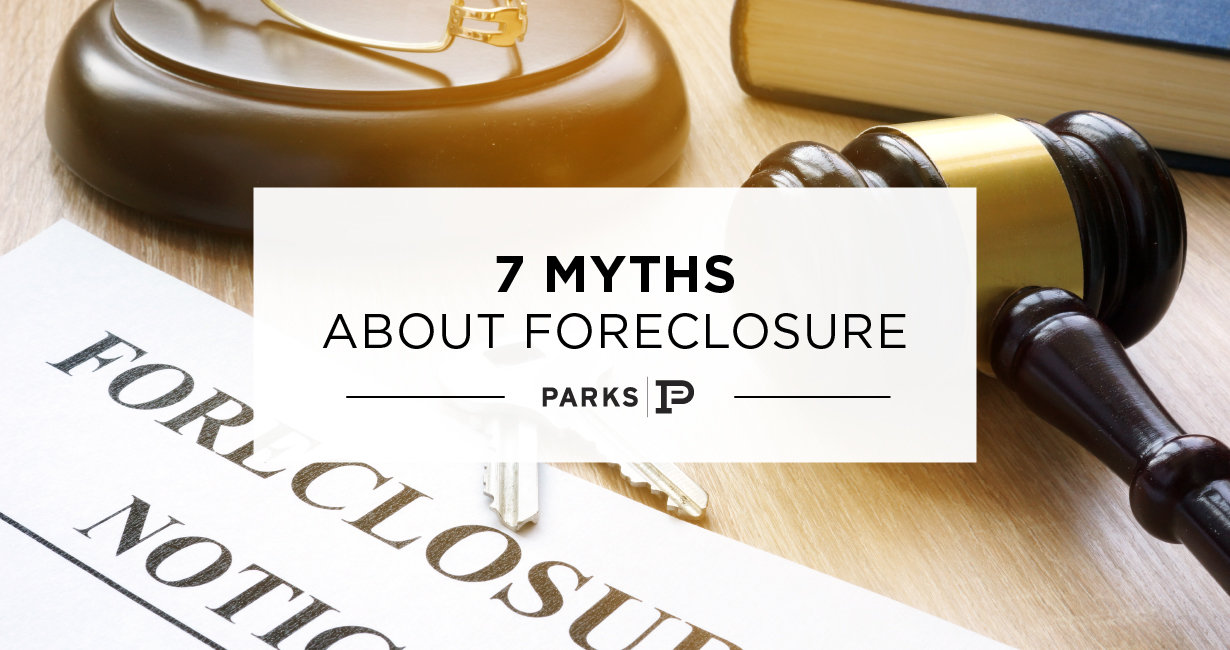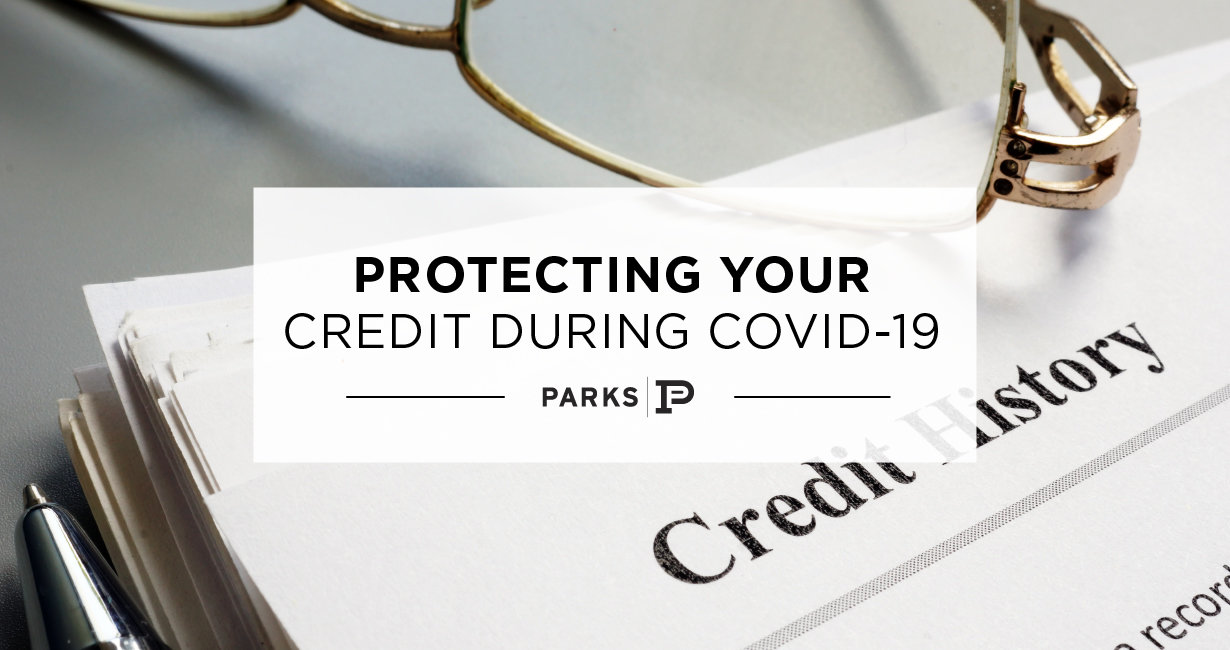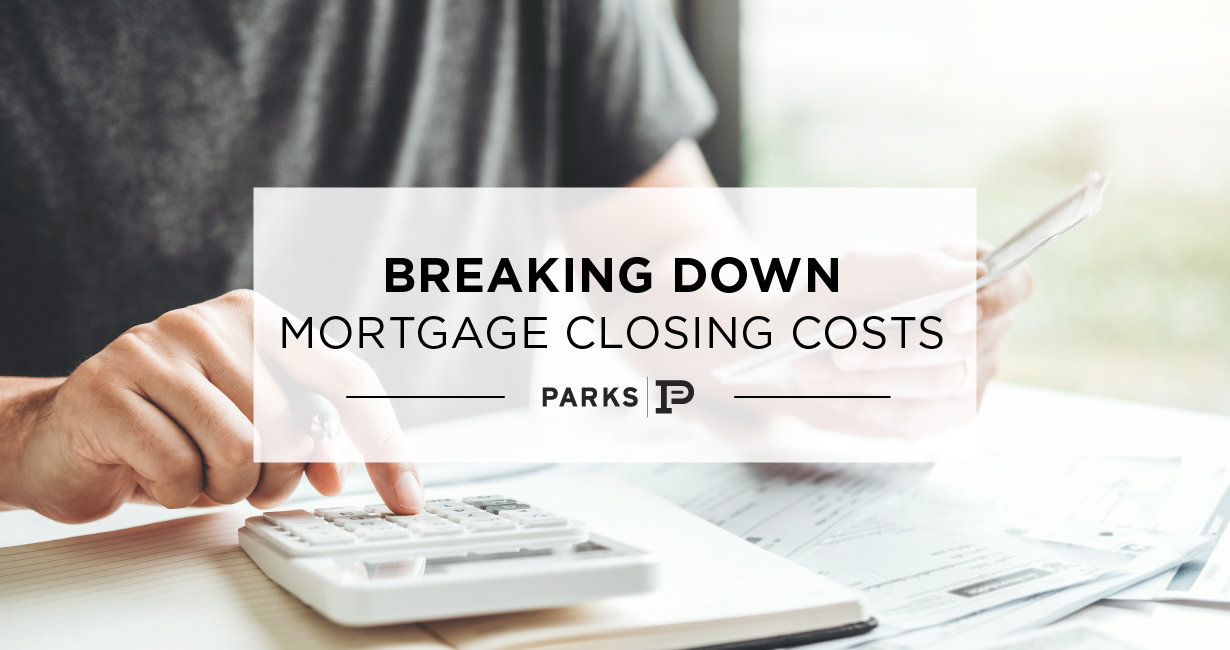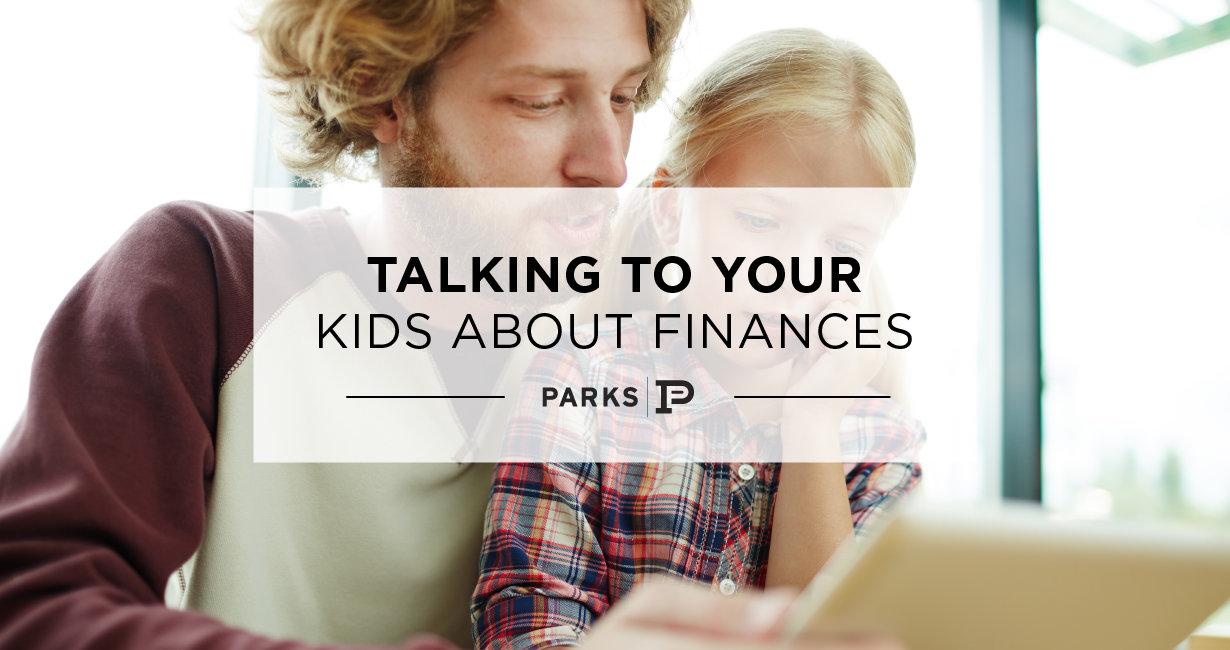
With talk of stimulus checks and the economy, your child may be curious about what the future holds for their finances. Teaching healthy money habits can be challenging, but it's one of the most important lessons you can share and you don't need to be an expert to give kids a solid foundation in financial literacy. Use these tips for a simple yet impactful financial talk with your kids!
Make it Age-Appropriate
Finances are complicated, so make sure you tailor your talk to their level of understanding and interest. Discuss terms like "budgets," "overdraft fees," "interest rates," and "credit scores." Regardless of age, it's never too late or too early to teach financial literacy basics.
Take Advantage of Events
A grocery store is a
…